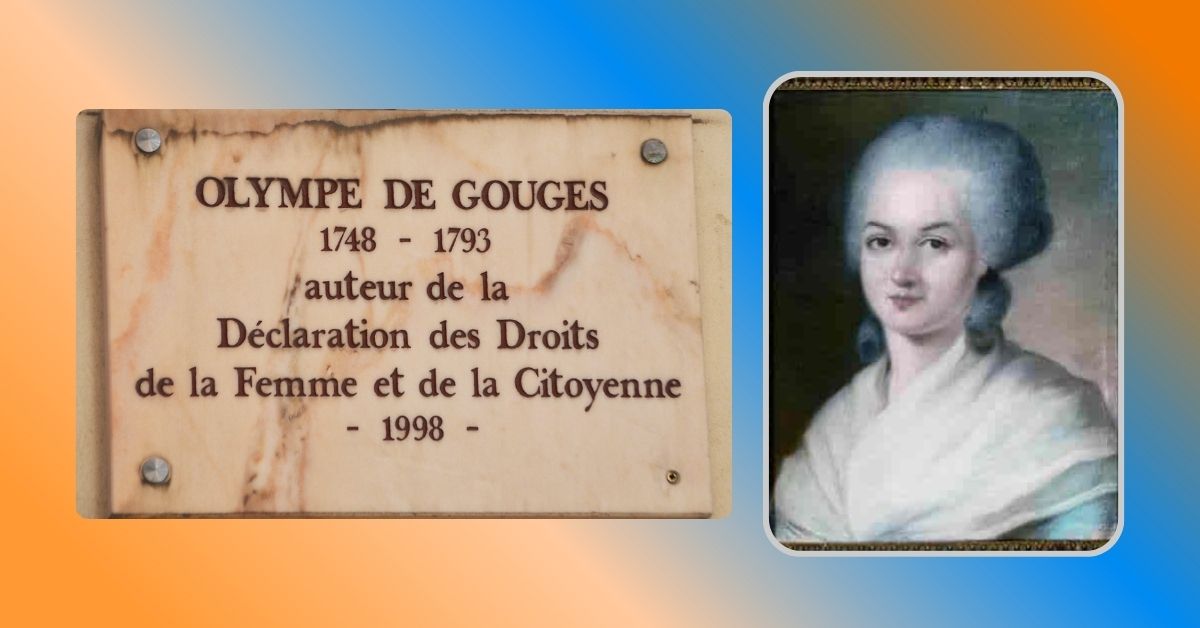Olympe de Gouges led a life with the intensity and stakes of a high roller at NationalCasino India, knowing that her words could cost her everything. Yet, she played her part on the stage of revolution with unwavering resolve, advocating for societal change that is only now being recognized for its foresight into gender equality and environmental concerns.
The Seeds of Revolution in Montauban
Born in the French town of Montauban in 1748 as Marie Gouze, her early years belied the towering figure she would become. Although her formal education was limited, her voracious appetite for knowledge and her mother’s progressive views on equality sowed in her a desire for change.
From Page to Picket: The Emergence of de Gouges
Olympe’s emergence into social activism was marked by her prolific playwriting and pamphleteering. Her evocative scripts and treatises were more than mere entertainment; they were a clarion call for the rights of the oppressed, weaving narratives that questioned the very fabric of societal norms.
An Unsung Heroine for the Marginalized
Her voice resonated beyond the salons and theatres; de Gouges took on the mantle of advocate for those rendered voiceless by society. She fought not only for women’s rights but also opposed the transatlantic slave trade, arguing for a recognition of shared humanity that extended into how we treat nature.
Martyred but not Silenced
Olympe de Gouges paid the ultimate price for her temerity. Her execution during the Reign of Terror sought to extinguish her influence. Instead, it amplified her ideas, galvanizing future generations toward human rights and ecological prudence.
A Playwright with a Purpose
Her plays were not merely for the stage; they were platforms for her activism. Through characters and plots, de Gouges tackled issues of gender bias, class inequality, and environmental degradation—foreshadowing a world where such themes would dominate public debate.
Olympe de Gouges: Mother of Ecofeminism
Way before people even spoke of ecofeminism, Olympe de Gouges was already living it. She saw that fighting for women’s rights went hand in hand with protecting our rivers, skies, and forests. Her message was clear: caring for the planet is a part of making a better society for everyone.
Her Fight to Be Heard
Olympe de Gouges stood up in a time when women were expected to stay quiet and took the bold step to say what many were too fearful to admit—that women should have the same rights to speak up as men do. She was like a detective, finding out what was unfair in the world and shining a light on it, not just for women but for everyone who cared about the land they lived on.
Nature and People Living Together
When Olympe de Gouges wrote about people’s rights, she didn’t forget about nature. She was ahead of her time, already getting the idea that we all need to live together with the trees, waters, and animals. Her thoughts were like early seeds planted for future generations to grow the idea of living sustainably.
A Lasting Impact for Today
Olympe’s legacy doesn’t just stay in the past; it’s alive now, inspiring those who want fairness and a healthy planet. She reminds us that the fight for truth and rights doesn’t end—you have to care about the world around you, too. Her courage showed us that making big changes starts with standing strong and speaking out.
A Legacy Revived for Modern Times
Olympe’s legacy transcends the centuries, continuing to inspire those who fight against gender inequity and environmental ruin. Her life and works serve as a reminder that progress is often born from the courage to contest entrenched norms and champion the causes that sustain life and dignity.
Honoring Heritage, Championing Change
Today, Olympe de Gouges’s contributions to social justice and her proto-environmentalist stance resonate in a world still grappling with these issues. Her holistic view of societal reform—including ecological considerations—remains as relevant as ever.
In Summation
In the legacy of Olympe de Gouges lies a complex narrative: her life’s work—rich with the drama of the revolutionary era she helped shape—continues to challenge us. In the spirit of history’s eternal gambles, much like those taken at a casino, her vision of equality and ecological consciousness compel us to consider the wider impact of our fight for rights and remedies.


